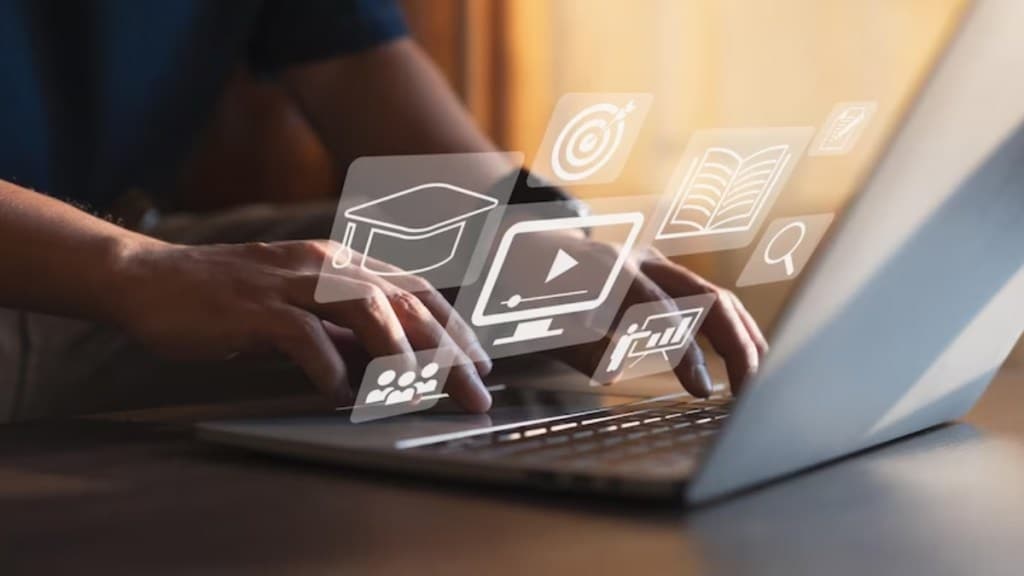Nikhil Barshikar, founder, CEO at Imarticus Learning shares his views on opportunities and challenges of the education system in India with FE Education Online.
What is the best thing about today’s education system?
The best thing about today’s education system is the growing recognition of the need for practical skills aligned with industry demands. According to a recent survey by NASSCOM, less than 25% of fresh graduates are job-ready. This has prompted a shift towards experiential learning and skill-focused programs that empower students with the abilities required in the professional world. The integration of real-world projects, internships, and collaborations with industry experts has enriched the learning experience and nurtured a more holistic approach to education.
What is the one thing you would like to change in the system?
If I were to pinpoint one crucial change, it would be a stronger alignment between education and industry needs. In India, we often witness a gap between the knowledge imparted in educational institutions and the expectations of hiring organizations. The curriculum needs to be more responsive to the rapidly evolving industry landscape, integrating cutting-edge technologies and practical skills. Collaborations between academia and industry, such as internships and guest lectures, should be a fundamental part of the learning journey. This synergy would make graduates more job-ready and enhance their employability.
What is the role digital has played in the evolution of the education system?
Digital technology has been a game-changer, particularly in bridging the skills gap. Through online platforms, students gain access to high-quality courses, regardless of their geographical location. This has democratized education and enabled professionals to upskill while balancing work commitments. Moreover, the integration of AI-driven personalized learning journeys has made education more tailored and effective, ensuring a stronger link between learning outcomes and real-world applications.
What has been the disadvantage of digital in education?
While the advantages of digital education are numerous, there are challenges to navigate. One significant disadvantage is the digital divide, where students from economically disadvantaged backgrounds might lack access to the necessary technology and reliable internet connections. Additionally, the over-reliance on digital platforms can lead to reduced face-to-face interactions and interpersonal skills development. Hence, it’s crucial to strike a balance and ensure that technology complements, rather than replaces, traditional learning methods.
What is the career advice you would like to give to students?
In a competitive job market, the ability to adapt is paramount. The Future of Jobs report by the World Economic Forum estimates that by 2025, over half of all employees will require significant reskilling. My advice to students is to embrace lifelong learning and proactively seek opportunities to acquire new skills. The job landscape is evolving rapidly, and what sets successful professionals apart is their ability to adapt and upskill continuously. Be open to new experiences, internships, and practical projects that provide hands-on exposure. Also, cultivate a growth mindset and be willing to step out of your comfort zone. Finally, remember that networking is key – build relationships, seek mentors, and tap into the power of your professional community. Your education is a foundation, but your willingness to learn and evolve will shape your long-term success.

